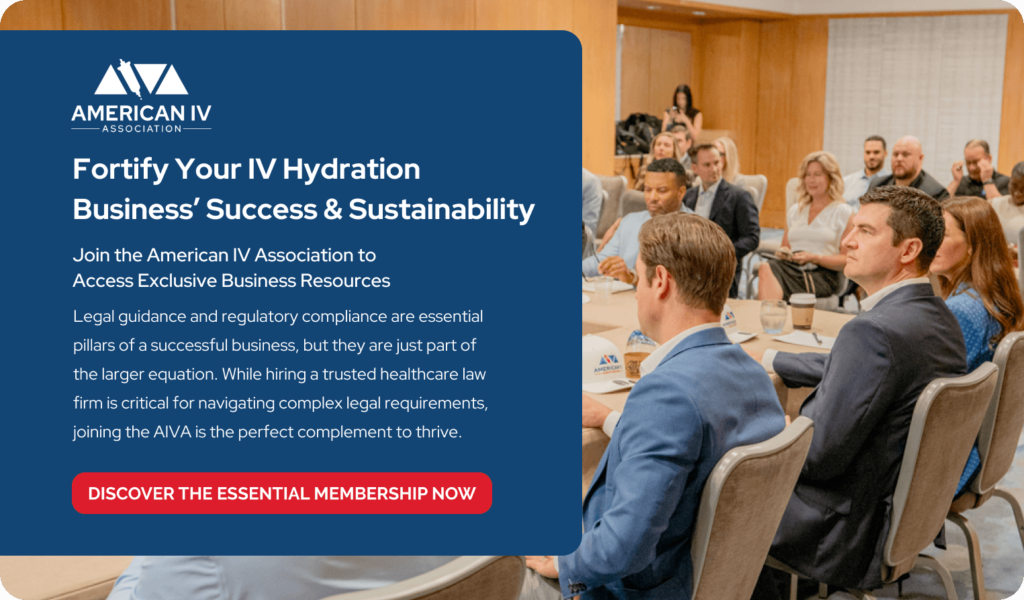In a world where holistic well-being is gaining prominence, Intravenous (IV) therapy has emerged as a revolutionary approach to achieving optimal health. However, navigating the legal landscape surrounding providing IV therapy services is crucial for both providers. This article delves into the legal aspects of IV therapy services, shedding light on compliance, regulations, and the key considerations that practitioners should be aware of.
Legal Compliance: The field of IV therapy is rapidly evolving, and as it does, legal compliance becomes paramount. Practitioners must ensure adherence to local, state, and federal regulations governing healthcare services. This includes licensing requirements, certifications, and compliance with health and safety standards.
Regulatory Framework: Each jurisdiction has specific regulations pertaining to IV therapy services. Providers must be well-versed in the legal framework governing the administration of intravenous treatments. This may involve obtaining the necessary permits, licenses, and certifications to practice within the jurisdiction.
Informed Consent: In the realm of healthcare, informed consent is a cornerstone. Providers of IV therapy services must ensure that clients are fully informed about the nature of the treatment, potential risks, and expected outcomes. Documenting the informed consent process is not only ethical but also crucial for legal protection.
Scope of Practice: Understanding the scope of practice is essential for IV therapy providers. It’s imperative to stay within the legal boundaries of one’s profession, ensuring that treatments offered fall within the purview of the practitioner’s expertise and licensing.
Liability and Insurance: With any healthcare service comes the potential for unforeseen complications. IV therapy providers should secure appropriate liability insurance to protect themselves and their clients in the event of adverse reactions or unexpected outcomes. It’s essential to understand the terms of coverage and ensure that the insurance aligns with the specific services offered.
Marketing Ethically: While marketing IV therapy services, practitioners should adhere to ethical standards. Avoiding false claims, transparently communicating the benefits of IV therapy, and providing accurate information about qualifications and experience are key components of ethical marketing.
In the expanding landscape of holistic health, IV therapy services hold tremendous potential. However, success in this field requires a comprehensive understanding of the legal considerations that govern its practice. By prioritizing compliance, embracing ethical marketing practices, and fostering industry education, IV therapy providers can build a solid foundation for a thriving and legally sound practice that will withstand the regulatory barriers that are likely to come.

